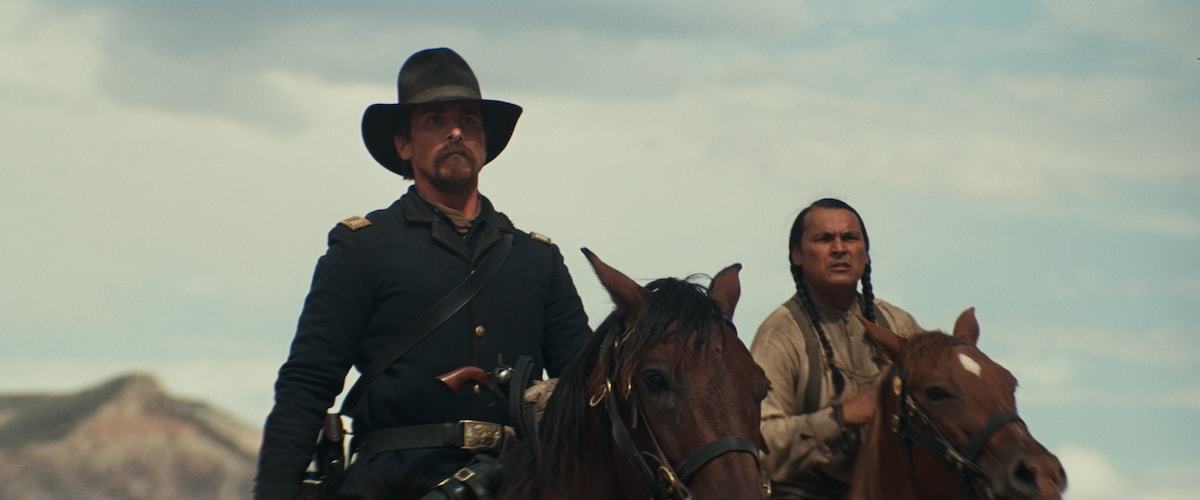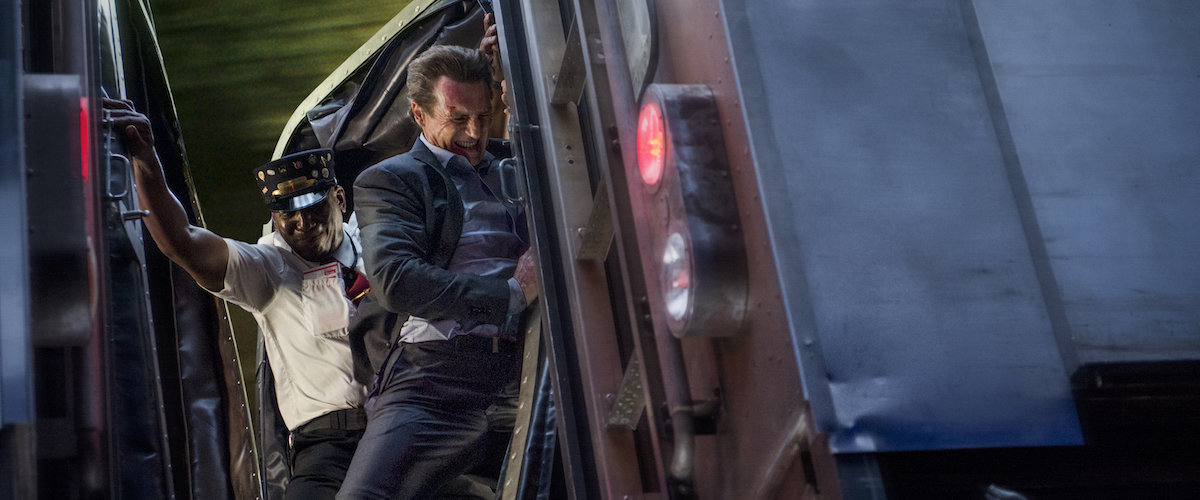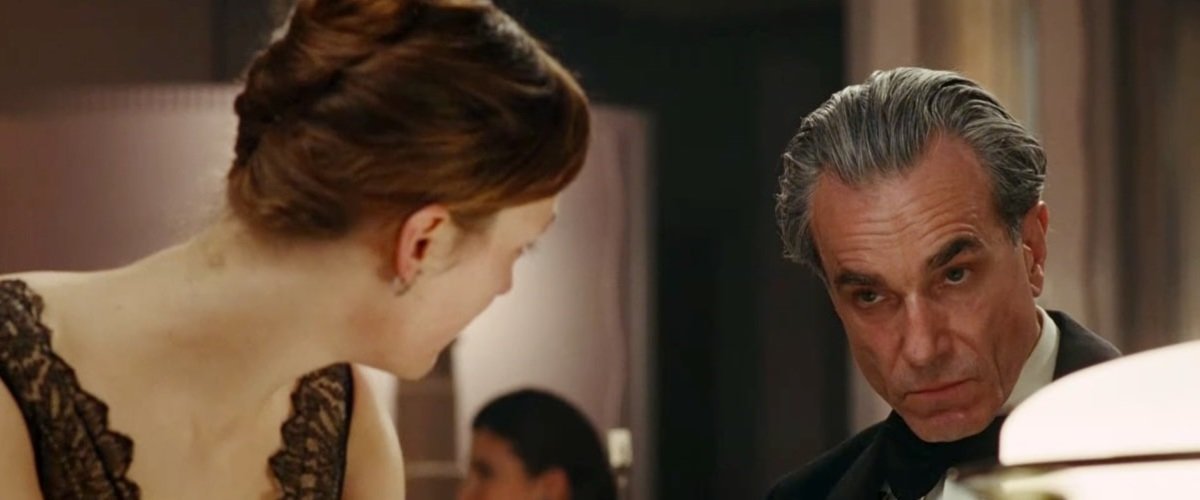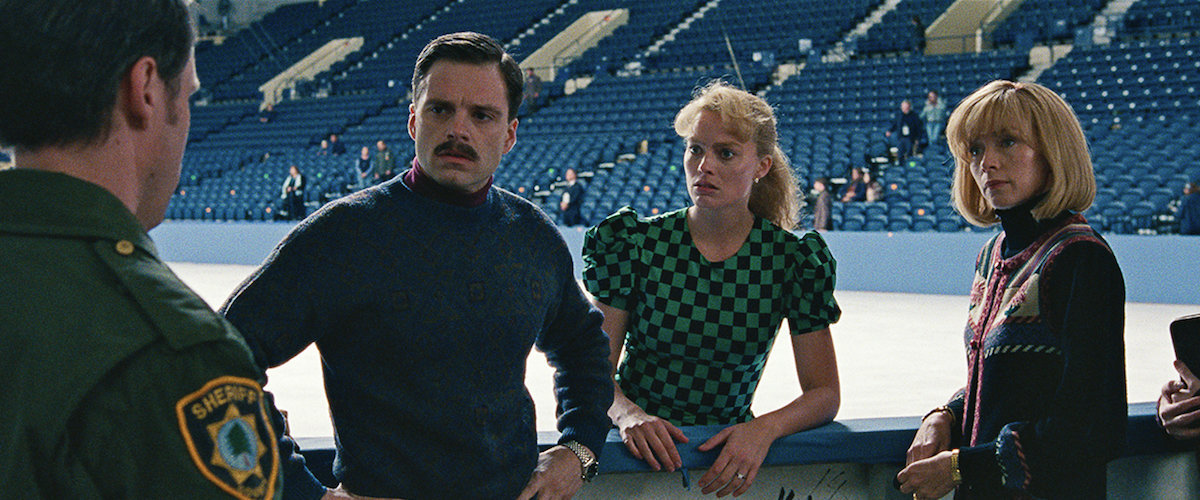
Directed by: Chang Ho Cheng
Starring: Lo Lieh, Ping Wang, Bolo Yeung
I understand writing a negative review for a movie like Five Fingers of Death is akin to chastising my cat for not being able to play video games, but I must do it anyway. I, like many youngsters, watched these martial arts movies as a kid on Saturday afternoons, noticing even then how laughable the dubbing was and how the same sound effect was used no matter what part of the body was punched or kicked. I got a kick out of them, no pun intended, but now many years later, I see Five Fingers of Death could stand in for any review of a martial arts action film not starring Bruce Lee.
Bruce Lee's Hong Kong productions were energetic, mostly because of the unique charisma of Lee himself. He stood apart from the rest of the dreck being churned out at the time and it is why he is still celebrated 45 years after his death. Lo Lieh, the star of Five Fingers of Death, hardly registers. He starred in many of these films, but nothing stands about him. The same could be said for the rest of the people in this film, who mostly engage in fights and barely say anything above the complexity of "What do you want?" before throwing down.
I think there is a plot in Five Fingers of Death, which seemed to be about two rival martial arts schools feuding before and during a tournament. The story is told so haphazardly, we can't tell who is on whose side. These films aren't really about plot anyway, but the fight scenes, which are amateurishly staged and edited. Every fight contains at least one sequence in which the two combatants leap at each other in the air and only one gets hit, who then falls to the ground and shakes off his pain, like a video game character.
The characters in Five Fingers of Death aren't people, but fighting machines, devoid of personality and uniqueness. After a short time, the fights grow quickly tiresome. There are only so many of these we can stand before we grow bored. And why do these guys always have cronies around them ready to pounce? They surround the hero and then attack him one at a time instead of just ganging up on him.
Movies like Five Fingers of Death are pretty much critic proof. You either love them or you don't. At one point in my life, I could watch them with attached bemusement and laugh at them, but now life is too short to waste on such trivial films.










